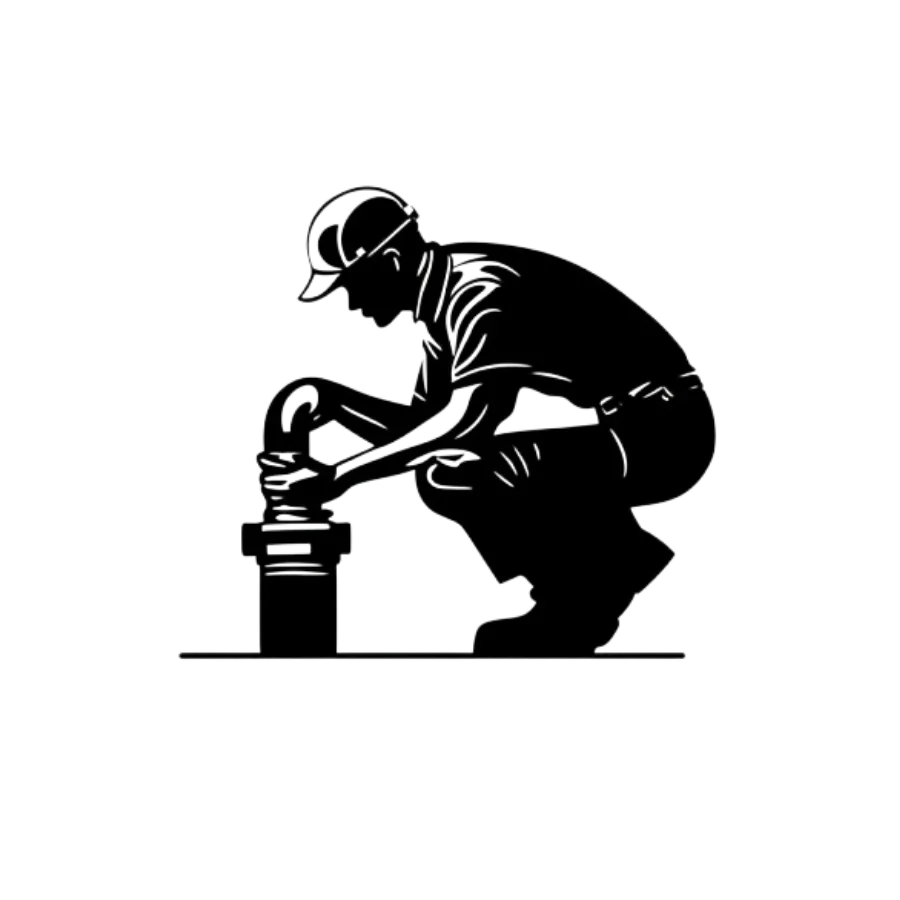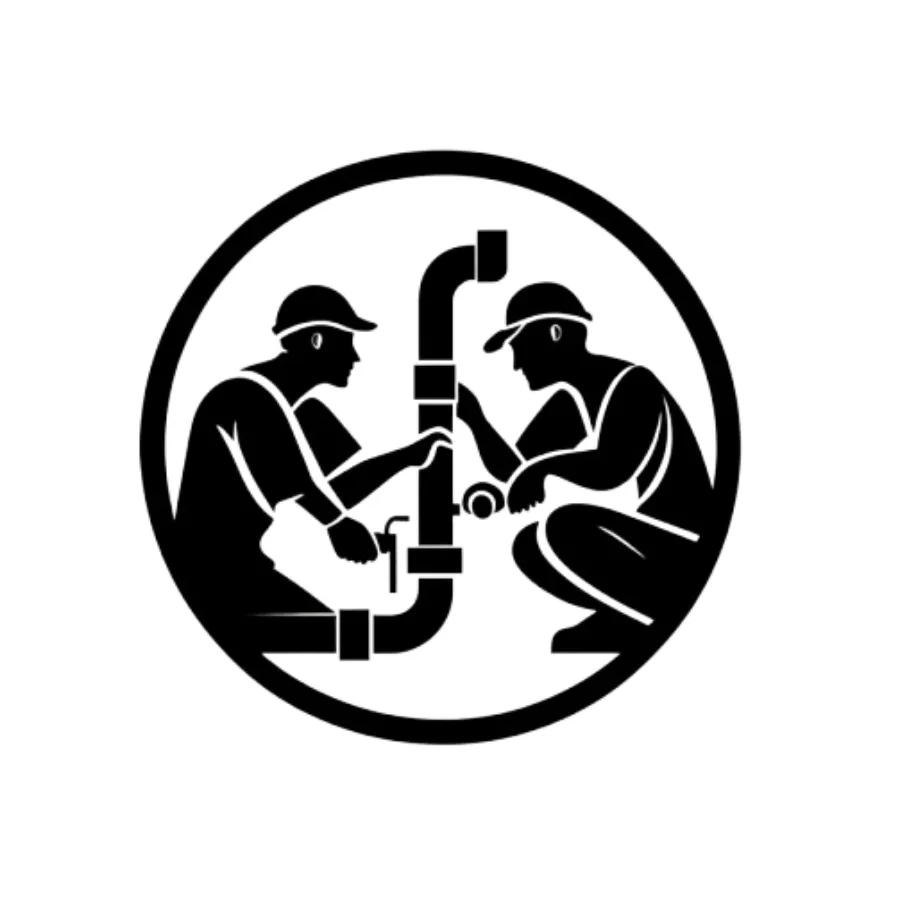Enhancing Comfort & Preserving Your Home
Why Do You Need Low Water Pressure Services In Rosedale?
Strategic Approach to Low Water Pressure Services
Our Comprehensive
Four-Step Approach to Rosedale Low Water Pressure Services

Step 1: Detailed Water Pressure Assessment
Identifying Underlying Causes
Our process begins with a thorough assessment of your home’s plumbing system to pinpoint the root cause of low water pressure. We examine faucets, pipes, and fixtures for blockages, leaks, or other potential issues. This initial evaluation lays the foundation for an effective and targeted solution.

Step 2: Customized Repair Plan
Tailored Solutions for Your Home
Based on the findings, we develop a customized plan to address the specific causes of low water pressure in your home. Whether it’s cleaning clogged pipes, repairing leaks, or upgrading outdated systems, our approach ensures optimal results with minimal disruption.

Step 3: Precise Implementation
Expert Repairs and Adjustments
Our skilled technicians carry out the necessary repairs and adjustments with precision, using advanced tools and techniques. From replacing faulty components to flushing out debris, every step is designed to restore your water pressure efficiently and effectively.

Step 4: Follow-Up and Maintenance Advice
Ensuring Lasting Performance
After completing the repair, we test the water pressure to confirm the issue is resolved. Additionally, we provide expert guidance on maintaining your plumbing system to prevent future occurrences. Our commitment to continuous support ensures your peace of mind.
Inclusive
System Diagnostics
Targeted
Pipe Cleaning
Fixture and
Valve Replacement
Expert
Maintenance
Ever Heard From Our Rosedale Clients About Their Experiences?
Discover rosedale client testimonials on our low water pressure services.

Schedule a Professional Inspection
Ready to schedule a professional inspection? Contact us today.
Low Water Pressure FAQs
What causes low water pressure in my home?
Low water pressure can be caused by clogged pipes, faulty pressure regulators, sediment buildup in pipes, leaks, or issues with your main water supply line.
How can I tell if a clogged pipe is causing low water pressure?
If the low pressure is isolated to one faucet or fixture, it may be due to a clogged pipe or aerator. Widespread low pressure often points to a larger system issue.
Can old pipes cause low water pressure?
Yes, old or corroded pipes can restrict water flow, leading to low water pressure throughout your home. Replacing aging pipes can resolve this issue.
What role does a pressure regulator play in maintaining water pressure?
A pressure regulator ensures water flows at a safe and consistent pressure. If it malfunctions, it can either reduce or increase water pressure, affecting your plumbing system.
How does sediment buildup in pipes affect water pressure?
Sediment and mineral deposits can narrow the internal diameter of pipes, restricting water flow and causing low pressure over time.
Can a leak in my plumbing system lead to low water pressure?
Yes, leaks divert water from reaching your fixtures, which can significantly reduce water pressure. Leak detection and repair are crucial to resolving this issue.
What should I do if my water pressure suddenly drops?
First, check if the issue is isolated to one area or the whole house. If it's widespread, contact a professional plumber to diagnose and fix the problem.
Is low water pressure a sign of a serious plumbing problem?
It could be. While minor issues like clogged aerators can be fixed easily, low pressure might also indicate more severe problems like pipe corrosion or main water line damage.
Can The Plumbing Doc improve my water pressure?
Yes, The Plumbing Doc specializes in diagnosing and repairing low water pressure issues. From cleaning pipes to replacing faulty fixtures, we’ll restore optimal water flow in your home.
How can I prevent low water pressure in the future?
Regular plumbing maintenance, including pipe inspections, cleaning, and timely repairs, can help prevent low water pressure and keep your system functioning efficiently.

